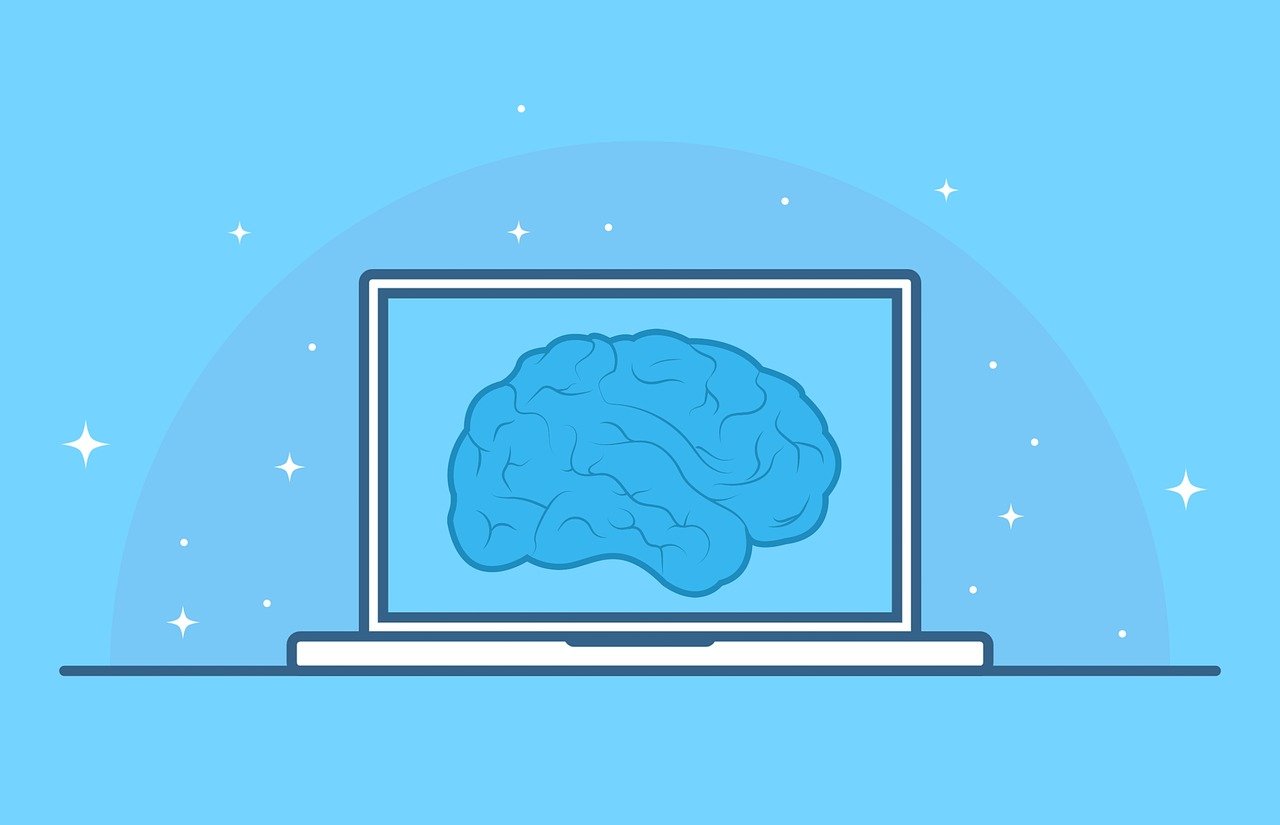AI Literacy: 6 Resources For Teachers
AI literacy is an increasingly important part of digital literacy education, but keeping up with the rapidly evolving field can be tough. These resources can help.

If you’re reading this, you probably already know just how important AI literacy is in modern education.
Whether we like it or not, AI has become part of the classroom and world, and therefore, as educators, we owe it to our students to teach them about how to make the best use of AI tools while avoiding unethical uses of this technology.
Keeping up with all the developments in this field, however, can be easier said than done.
I find the following resources to be the most helpful when it comes to my own efforts at staying on top of digital literacy and keeping my students educated about it. While there are certainly other great resources, these are ones I have personally found helpful and continue to return to.
1. Digital Promise
Digital Promise is a wonderful source for information about AI literacy, as it is for most things technology- and education-related. The nonprofit’s AI in education and AI literacy page has links to many AI resources. These include recommendations for teachers on how to support safe AI use, summaries of several states’ AI in education policy statements, webinars on AI literacy, usage, and much more.
2. Common Sense Media
Common Sense Media offers a host of 20-minute or less AI literacy lessons that can help educators and their students navigate the strange new world of AI and its many implications both in and outside of the classroom. It also has a short, self-paced, and free online course that they co-designed with OpenAI about how to use ChatGPT effectively for teaching. Previously, I wrote about how helpful I found this course.
3. ISTE+ASCD
The ISTELive 2025 conference may have recently come to a close, but the organization has partnered with ASCD to provide a wide variety of AI literacy resources to educators. These include K-12 lesson plans and professional development opportunities as well as early access to StretchAI, an AI tool specifically designed to coach educators on using AI in the classroom. The tool is currently being tested, and ISTE and ASCD are looking for educators to use it and help refine it.
Tools and ideas to transform education. Sign up below.
4. Future of Being Human Newsletter
The Future of Being Human newsletter by Andrew Maynard, a professor at Arizona State University, is a great resource for AI in education and to stay on top of new future-esque innovations overall. To keep up on my own AI literacy, I follow Maynard for his fun, easy-to-read, and insightful commentary on all that is happening in this fast-evolving world. For a quick taste of what this newsletter offers, check out this recent post on the risk of AI manipulation.
5. AutomatED
AutomatED is laser-focused on providing educators with actionable ways to use AI in class. I find that these types of use cases can often provide the best AI literacy, and AutomatED’s primary author, Graham Clay, is as good as anyone when it comes to providing step-by-step and detailed guides to integrating AI into teaching. For example, here is a post on specific ways to use Google’s LearnLM. As in all his posts, Clay gets deep in the weeds in a helpful way.
6. Tech & Learning Newsletter
I know this sounds self-serving, but Tech & Learning’s newsletter truly provides AI resources that are really some of the best around. With contributions from educators at every level and from various specialties, as well as tool reviews and overviews and quick and actionable advice, I keep an eye out for this newsletter that publishes three times per week. Even if I stopped writing for Tech & Learning, I would continue to do this.
Erik Ofgang is a Tech & Learning contributor. A journalist, author and educator, his work has appeared in The New York Times, the Washington Post, the Smithsonian, The Atlantic, and Associated Press. He currently teaches at Western Connecticut State University’s MFA program. While a staff writer at Connecticut Magazine he won a Society of Professional Journalism Award for his education reporting. He is interested in how humans learn and how technology can make that more effective.

